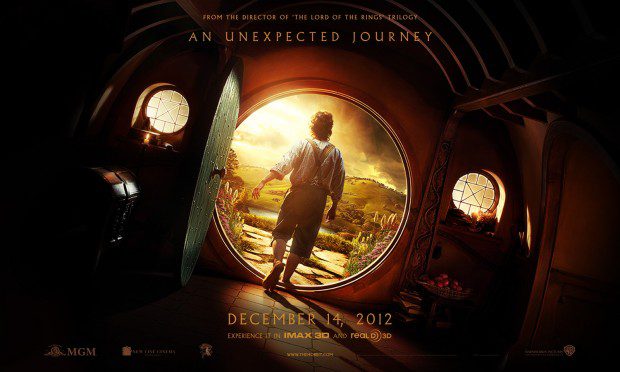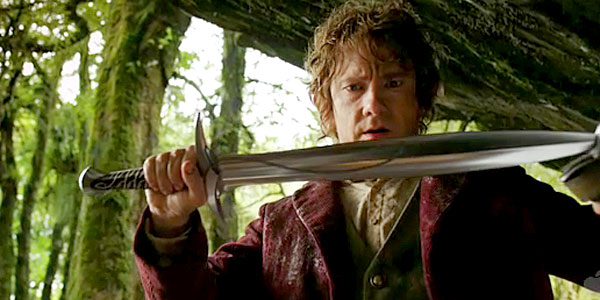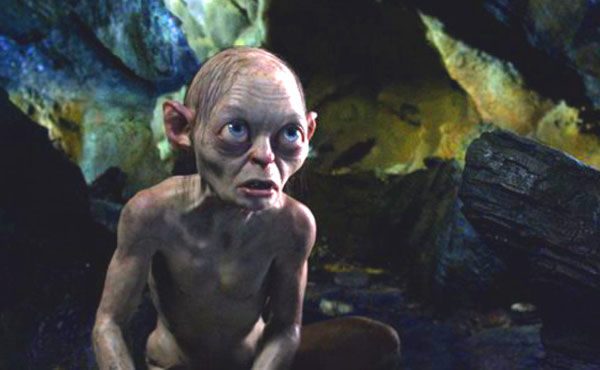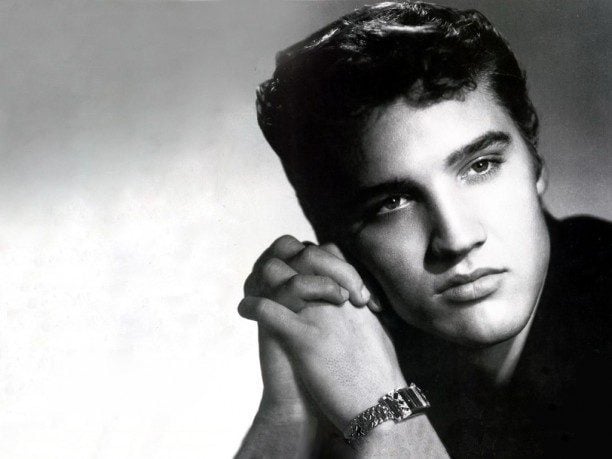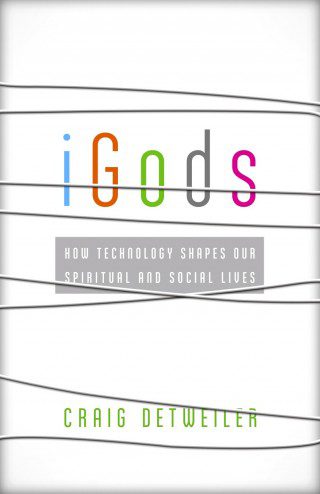Anticipation is rising for the December 14th release of The Hobbit: An Unexpected Journey. Each installment in The Lord of the Rings trilogy remains ensconced in the Top 25 films of all time on the Internet Movie Database. When the Hobbit trailer runs in theaters, fans applaud at the first peek of Middle Earth. Audience interest in director Peter Jackson’s latest adaptation is so massive that J.R.R. Tolkien’s first book will be stretched into three feature films over the next two and a half years. Devin Brown, a Professor of English at Asbury University, offers a sharp literary appreciation of The Hobbit to satisfy eager fans. The Christian World of the Hobbit challenges readers (and viewers!) to see how J.R.R. Tolkien’s robust Catholic faith informs his Middle Earth. Professor Brown patiently reveals how Bilbo Baggins’ gradual understanding of his purpose complements Tolkien’s overriding notion of Providence.
In celebrating an ‘essentially’ Christian story, Devin Brown also reminds us how Tolkien distinguished between applicability and allegory. Brown wants thoughtful readers to resist the temptation to equate the Smaug with Satan, to see the ring as a symbol of original sin, or to assume that Gandalf equals Christ. He acknowledges the similarities, but articulates the importance differences between “parallels, echoes, resembles, mirrors, and reflects,” rather than “represents, symbolizes, corresponds to, equals, or is.” Brown calls us to move beyond allegory into more complicated and enduring notions of how religious convictions infuse art.
In this learned and lucid analysis of a beloved book, Brown focuses upon Tolkien’s recurring use of words like ‘luck’ and ‘luckily.’ It happens so often that Brown suggests we are meant to see a bigger picture, that beyond so much luck resides the Christian notion of Providence. The feelings that guide Bilbo Baggins on his journey echo the promptings of the Holy Spirit. Brown points out how a sense of calling or purpose does not remove Bilbo’s own responsibility and choice. The leading of an unseen hand does not match the compulsion demanded by a Sauron. The Hobbit balances Providence with free will and personal choice.
Professor Brown is at his best when teasing out Tolkien’s subversive notions of power and purpose. Over the course of The Hobbit, Bilbo develops moral character. But this is not the usual courage under fire, in the battlefield, with sword drawn. Devin Brown articulates how Tolkien affirms mercy in Bilbo’s relationship to Gollum and peacemaking in the surrender of his share of the Arkenstone. These are profoundly Christian, but remarkably underdeveloped virtues in children’s literature. The Hobbit challenges the assumptions of readers of all ages.
Brown also points out how Tolkien challenges self-interest. Bilbo may grow via the adventure, but it is not for personal gain. He must abandon his personal comfort for the greater good of Middle Earth. Brown highlights Gandalf’s concluding question to Bilbo: “You don’t really suppose, do you, that all your adventures and escapes were managed by mere luck, just for your sole benefit? You are a very fine person, Mr. Baggins, and I am very fond of you; but you are only quite a little fellow in a wide world after all.” What a timeless and timely attitude adjustment, especially to a culture riven with American Idols and reality TV infamy. The Hobbit’s clear denunciation of greed resonates in the wake of our financial excess. In forgoing treasure, Bilbo embraces what Brown describes as the “sacramental ordinary” instead.
The Christian World of the Hobbit is not flashy. It is not a large, drawn out tome. Devin Brown calls us to appreciate Bilbo Baggins’ small but significant choices. Yes, Tolkien has created a fanciful world of high stakes and high adventure. Readers of all ages need to grasp the realities of darkness and violence that plague our world. But character defining moments are often quiet and low key. It can be a Lonely Mountain after all (which is why we need a fellowship to accompany us). Tolkien suggests we usually know what is truly the right thing to do. Will we have the moral courage to act on the Spirit’s gentle tug? In eschewing personal comfort, in extending mercy to the frail, Bilbo serves as a timeless role model. Brown affirms the enduring power of Tolkien’s baptized imagination, “The same audience who might scoff at the Christian worldview in a different context find themselves embracing it in The Hobbit.” In longing to return to Middle Earth, readers and viewers continue to seek our higher calling.

